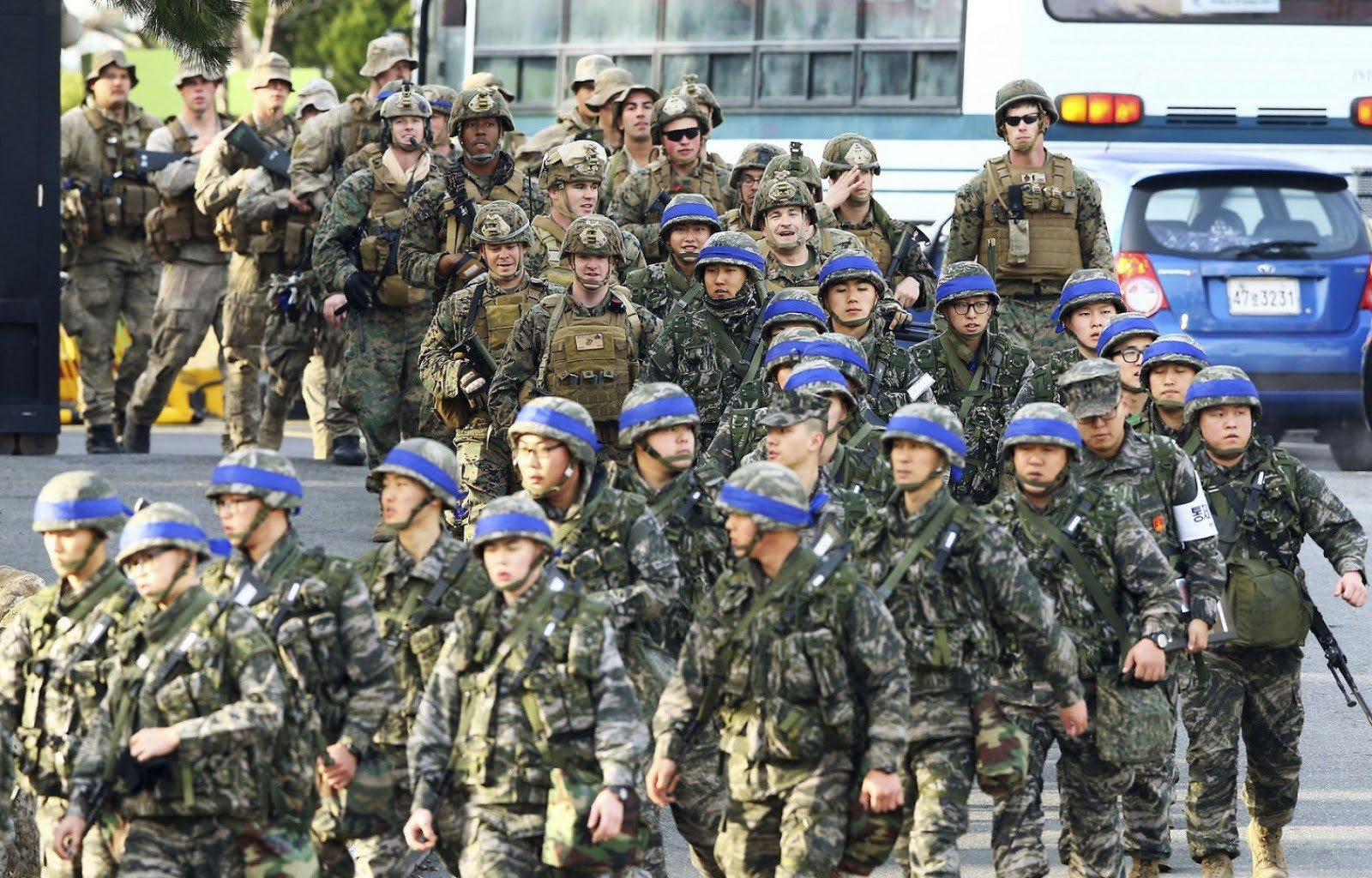South Korea President's Failed Attempt at Martial Law
In a stunning turn of events that sent shockwaves through the nation and the international community, South Korean President Yoon Suk Yeol declared martial law on Tuesday, December 3rd, 2024. This unprecedented move, the first of its kind in over four decades, immediately ignited a fierce political battle and widespread public outcry. The dramatic unfolding of events, the ensuing political turmoil, and the global reactions underscore a pivotal moment in South Korean history. The event has raised significant questions about the future of the country's political stability and its implications for regional security.
The President's Justification and Immediate Reaction
In a televised address, President Yoon announced the imposition of martial law, citing a supposed threat from North Korea's communist forces and domestic political opponents. He accused the opposition party of obstructing the government's agenda, hampering efforts to address what he portrayed as critical national security concerns. He claimed that these actions necessitated extraordinary measures to maintain order and protect the nation's constitutional order.
This declaration immediately provoked sharp condemnation from opposition leaders, including Lee Jae-myung, who described the president's actions as both illegal and unconstitutional. The surprise announcement was met with swift and widespread public dissent.
Military Deployment and Parliamentary Resistance
Following the announcement, the South Korean military deployed troops around the National Assembly, the country's unicameral parliament. However, the move proved a miscalculation. The lawmakers, defying the president's decree, convened an emergency session and voted overwhelmingly to reject the martial law declaration, effectively neutralizing the president's attempt at a power grab. The parliament’s swift and decisive action is a testament to South Korea's robust democratic institutions, preventing the president from silencing dissenting voices.
The scenes at the National Assembly were dramatic, with accounts of helicopters landing on the roof and military personnel briefly entering the building before withdrawing. Hundreds of protestors gathered outside, demanding the president's resignation, their voices rising in unison to express anger and disapproval against the president's move. The fact that the MPs were able to convene and make a stand against the President's martial law is noteworthy.
The Aftermath: Calls for Resignation and Impeachment
The president's abrupt reversal, prompted by the parliamentary vote, came in the early hours of Wednesday morning, ending a tense night of uncertainty. However, the political fallout continues, with opposition parties initiating impeachment proceedings against President Yoon. The unprecedented move has exposed deep divisions within South Korea, and the president's actions have tarnished his already low approval ratings. These developments highlight the fragility of South Korea’s political landscape. The incident has also created a ripple effect within the country, impacting the financial markets and prompting international reactions.
Economic and International Reactions
The turmoil caused by the attempt to impose martial law had an immediate impact on the South Korean economy. The Seoul stock market experienced a significant decline in response to the political uncertainty, and the Korean won briefly plunged to its lowest level against the dollar in two years. Government measures were taken to inject liquidity into the market to mitigate further losses, revealing the extent of economic volatility and investors' anxieties amid the political crisis.
International responses were varied, with the United States and other nations expressing relief at the resolution while also expressing concern over the incident. The event's implications for regional security were also discussed, particularly in the context of the tense geopolitical dynamics in East Asia and the delicate balance among the United States, China, and North Korea. The incident serves as a reminder of the critical role of South Korea in this region’s political balance and its significance on the international stage.
A Nation Divided: The Road Ahead
The events of December 3rd and 4th, 2024, will be remembered as a defining moment in South Korea's recent history. The attempted imposition of martial law, its swift rejection, and the subsequent calls for the president's impeachment have underscored the fragility of the political system and the depth of the divisions within the nation. The repercussions of this crisis will undoubtedly be felt for some time to come and, will play out in the future political climate and international relations.
The coming days and weeks will be crucial in determining the country’s future path. The outcome of the impeachment process, public response to the events, and the country's response to the economic and international fallout will all contribute to shaping the future of South Korea.
The political crisis is unlikely to disappear without serious repercussions. Whether the impeachment procedures will succeed or not, the political environment in South Korea will have irreversibly changed after the events of early December 2024. The incident underscores the importance of political stability and the need for effective governance to maintain both domestic stability and national security. This dramatic unfolding of events marks a critical juncture in South Korea's recent history, leaving a lasting mark on the country's political landscape and its international standing.
The episode underscores the importance of maintaining democratic norms and respecting the rule of law. The immediate response from the international community, emphasizing the significance of the event and its wider geopolitical implications, highlights the seriousness of the situation and potential long-term consequences. The world will be watching closely as South Korea navigates its way through this uncertain political climate.

















